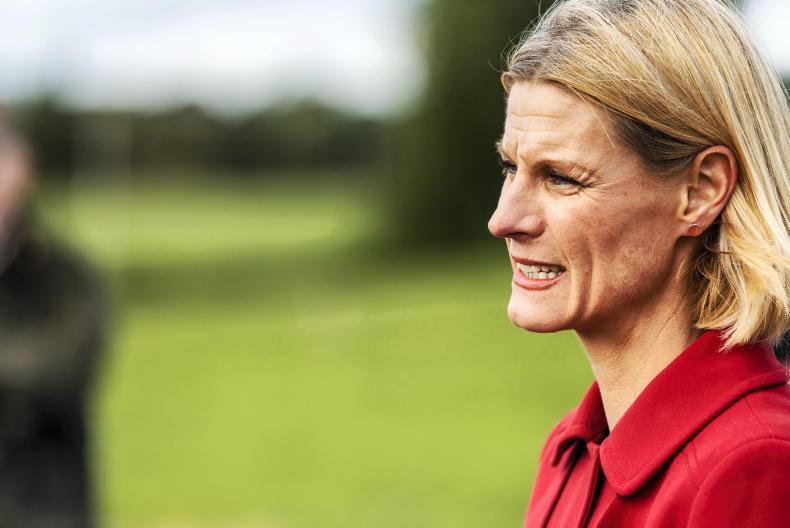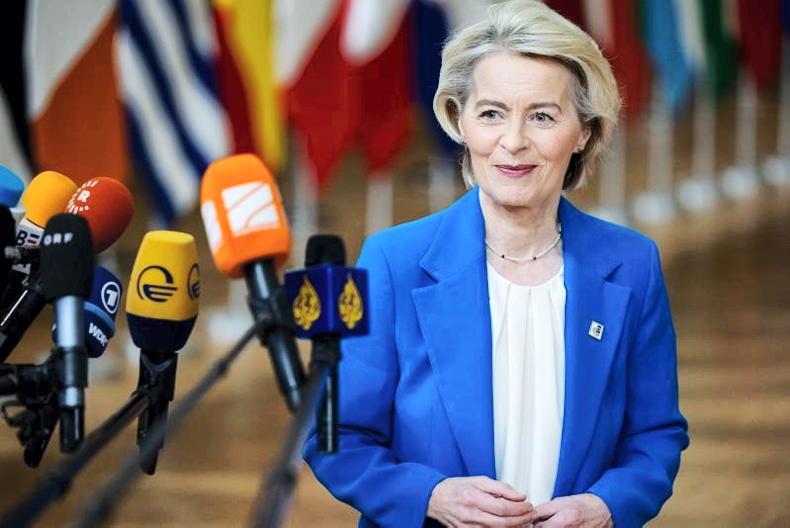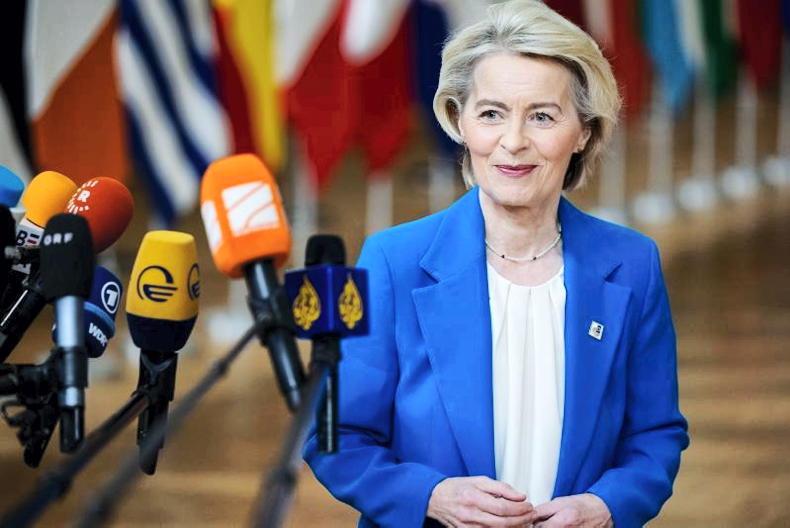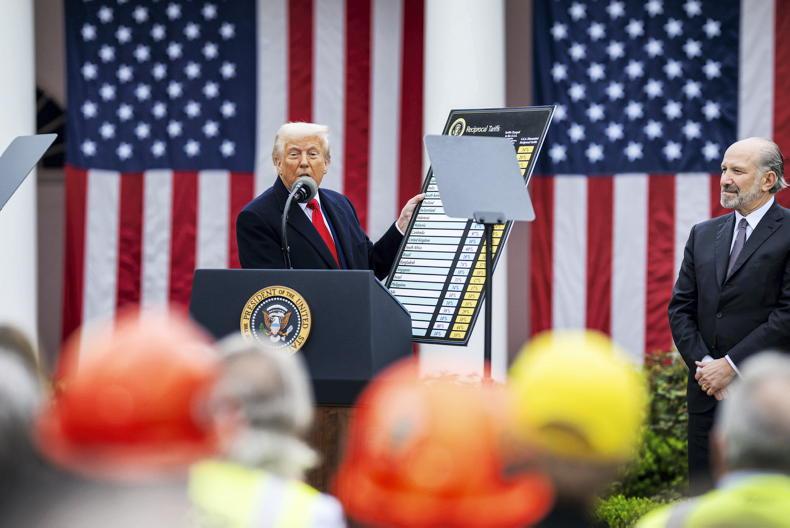With the UK adopting a cavalier approach to trade talks post-Brexit, Irish farmers more than ever need stability in wider EU markets.
There may be relief that the UK has further delayed the introduction of full border controls but while that is welcome in the short term, in the longer term the UK market will progressively open to Australia and New Zealand from later this year or early 2023.
That means increased competition for Irish exports to the UK more than for UK domestic production.
Against this backdrop, it is vital the EU recognises that any wriggle room it may have had in talks with Australia and New Zealand for meat and dairy has been removed by the UK open door policy.
The UK policy of virtually open door access, combined with unlimited UK access to EU markets, means Australia and New Zealand effectively have the benefit of access already.
Negotiations
Therefore, when the EU seeks to conclude the New Zealand and Australia negotiations which have been ongoing for almost four years, the EU has to adopt a firm line on access.
With the European Commission always inclined towards making the deal, political leadership at member state level will be required in order to protect EU food security.
Given the inextricable links, the Commission cannot be allowed re-write its energy policy while continuing as normal in relation to its agriculture and food policies.
Silage scheme recognises problem but won’t solve it
Amy Forde this week details the new silage scheme announced by the Minister for Agriculture Charlie McConalogue.
The €55m allocated to help suckler and sheep farmers address spiralling costs is a welcome acknowledgement of on-farm issues. But its impact on addressing these issues and increasing winter fodder supplies is likely to be limited – both in terms of the timing and scale of payments available to farmers.
The maximum payment of €1,000, equivalent to just 1t of CAN, is in stark contrast to what has been made available to farmers elsewhere in the EU. At the end of April we saw an €836m package approved by the EU for Polish farmers, with a payment of €107/ha to grassland farmers to a maximum payment of €5,350.
Meanwhile, the fact that the money under the scheme will not be paid to farmers until the second half of the year will do little to help farmers secure additional fertiliser to optimise grass growth in the month ahead. Most currently don’t have the cashflow or funds to pay for fertiliser on collection/delivery. In light of the scheme, the advice to farmers remains the same – plan ahead. A decision to significantly reduce fertiliser use must be aligned with an on-farm plan that will significantly reduce demand for forage next winter.
Exposing farmer to social media trial

Minister Pippa Hackett.
Offaly farmer Joe Malone this week discusses how he was left open to ridicule following a video Tweet from Minister Hackett in which she called out the actions taking place on his farm as “totally unacceptable”.
We can have no issue with farmers who do not abide by regulations being called out – in fact it should be encouraged to ensure the good work done by the majority is not tarnished by a small few. But in this case Mr Malone was operating totally within the law, with all the necessary permits in place.
It is the function of the Government, of which the minister is a member, to legislate. Therefore, if in the minister’s opinion the laws do not provide adequate protection, she is identifying a failing of Government and should not expose an individual farmer to the stress of a trial by social media.
With the UK adopting a cavalier approach to trade talks post-Brexit, Irish farmers more than ever need stability in wider EU markets.
There may be relief that the UK has further delayed the introduction of full border controls but while that is welcome in the short term, in the longer term the UK market will progressively open to Australia and New Zealand from later this year or early 2023.
That means increased competition for Irish exports to the UK more than for UK domestic production.
Against this backdrop, it is vital the EU recognises that any wriggle room it may have had in talks with Australia and New Zealand for meat and dairy has been removed by the UK open door policy.
The UK policy of virtually open door access, combined with unlimited UK access to EU markets, means Australia and New Zealand effectively have the benefit of access already.
Negotiations
Therefore, when the EU seeks to conclude the New Zealand and Australia negotiations which have been ongoing for almost four years, the EU has to adopt a firm line on access.
With the European Commission always inclined towards making the deal, political leadership at member state level will be required in order to protect EU food security.
Given the inextricable links, the Commission cannot be allowed re-write its energy policy while continuing as normal in relation to its agriculture and food policies.
Silage scheme recognises problem but won’t solve it
Amy Forde this week details the new silage scheme announced by the Minister for Agriculture Charlie McConalogue.
The €55m allocated to help suckler and sheep farmers address spiralling costs is a welcome acknowledgement of on-farm issues. But its impact on addressing these issues and increasing winter fodder supplies is likely to be limited – both in terms of the timing and scale of payments available to farmers.
The maximum payment of €1,000, equivalent to just 1t of CAN, is in stark contrast to what has been made available to farmers elsewhere in the EU. At the end of April we saw an €836m package approved by the EU for Polish farmers, with a payment of €107/ha to grassland farmers to a maximum payment of €5,350.
Meanwhile, the fact that the money under the scheme will not be paid to farmers until the second half of the year will do little to help farmers secure additional fertiliser to optimise grass growth in the month ahead. Most currently don’t have the cashflow or funds to pay for fertiliser on collection/delivery. In light of the scheme, the advice to farmers remains the same – plan ahead. A decision to significantly reduce fertiliser use must be aligned with an on-farm plan that will significantly reduce demand for forage next winter.
Exposing farmer to social media trial

Minister Pippa Hackett.
Offaly farmer Joe Malone this week discusses how he was left open to ridicule following a video Tweet from Minister Hackett in which she called out the actions taking place on his farm as “totally unacceptable”.
We can have no issue with farmers who do not abide by regulations being called out – in fact it should be encouraged to ensure the good work done by the majority is not tarnished by a small few. But in this case Mr Malone was operating totally within the law, with all the necessary permits in place.
It is the function of the Government, of which the minister is a member, to legislate. Therefore, if in the minister’s opinion the laws do not provide adequate protection, she is identifying a failing of Government and should not expose an individual farmer to the stress of a trial by social media.










SHARING OPTIONS